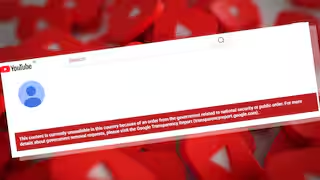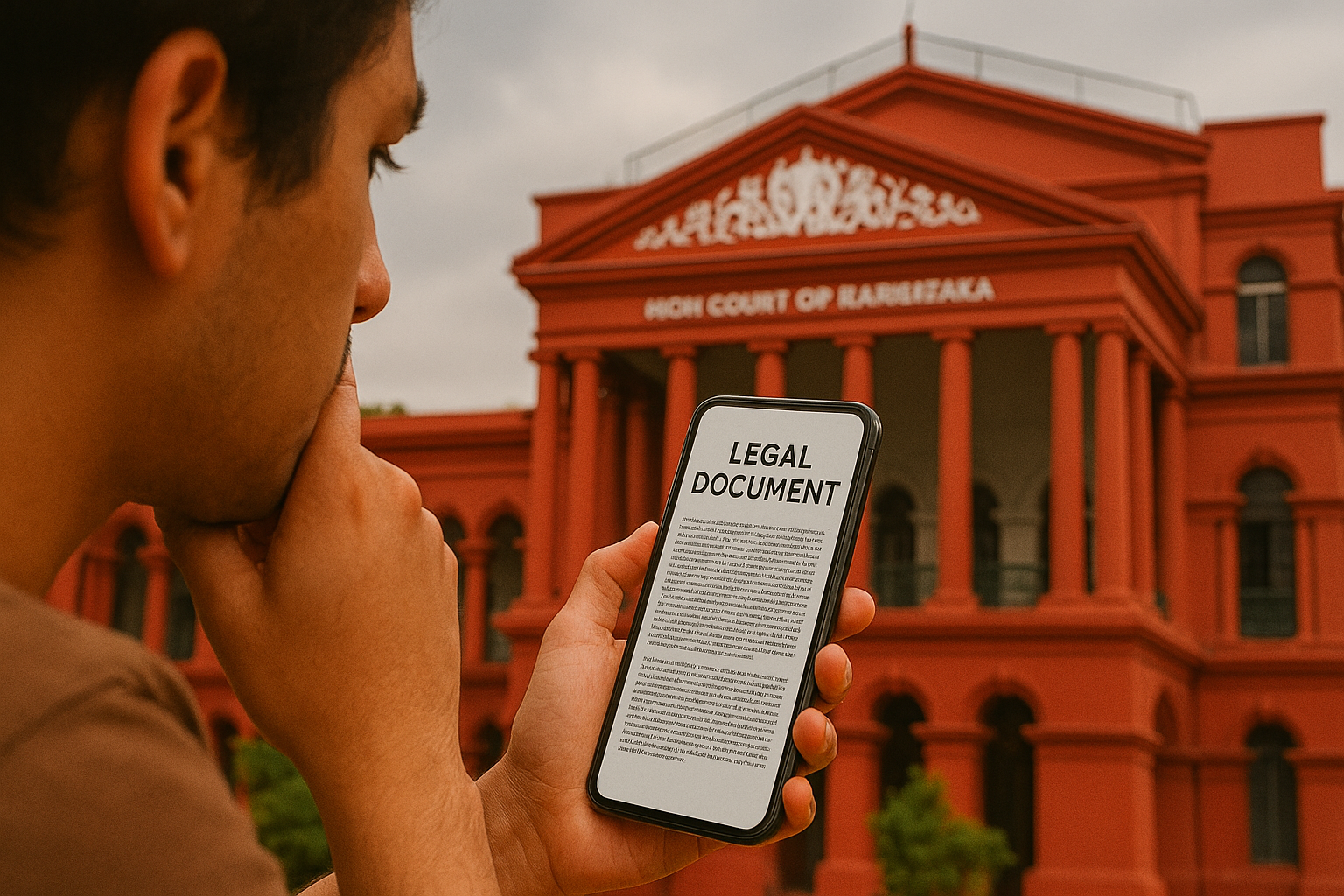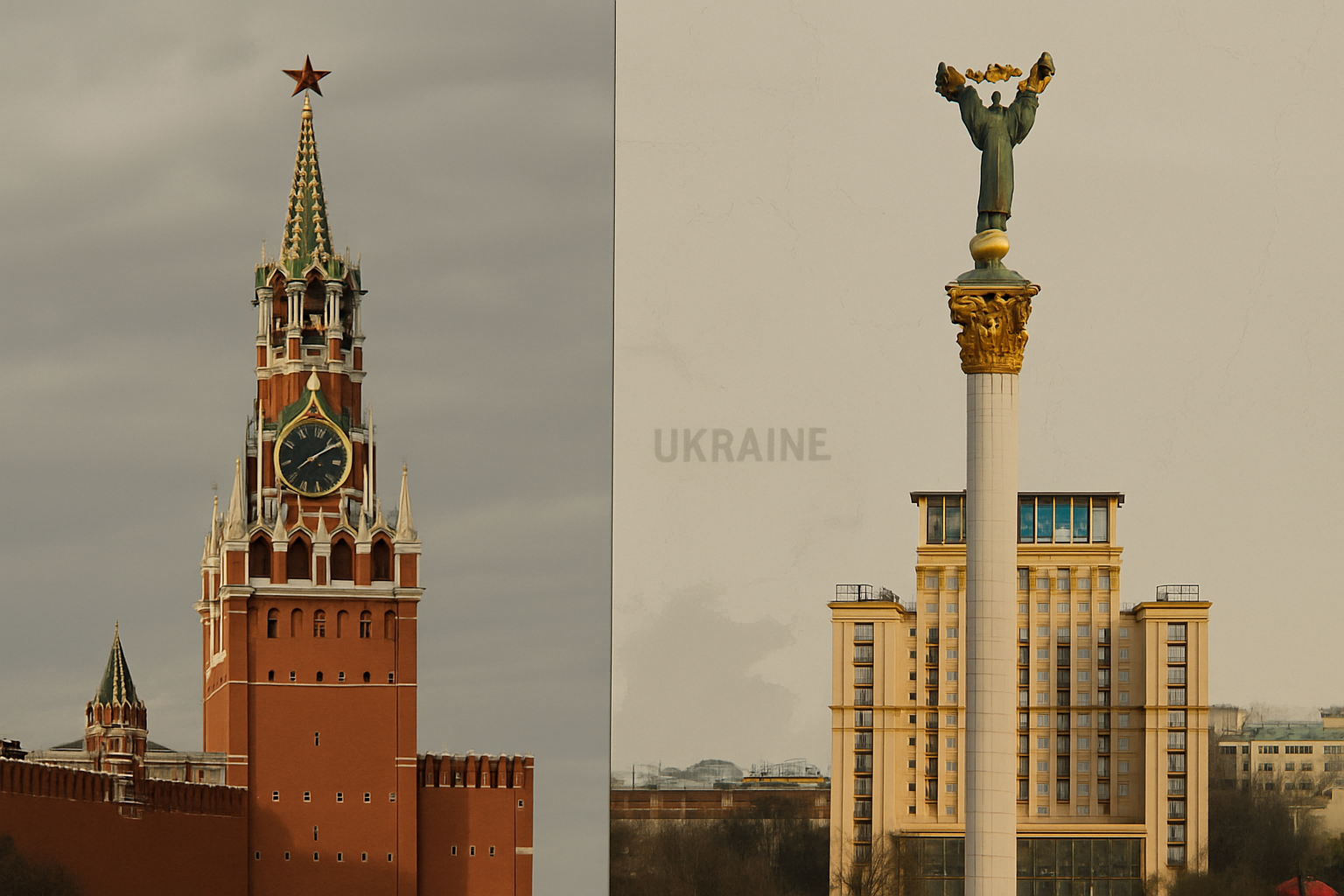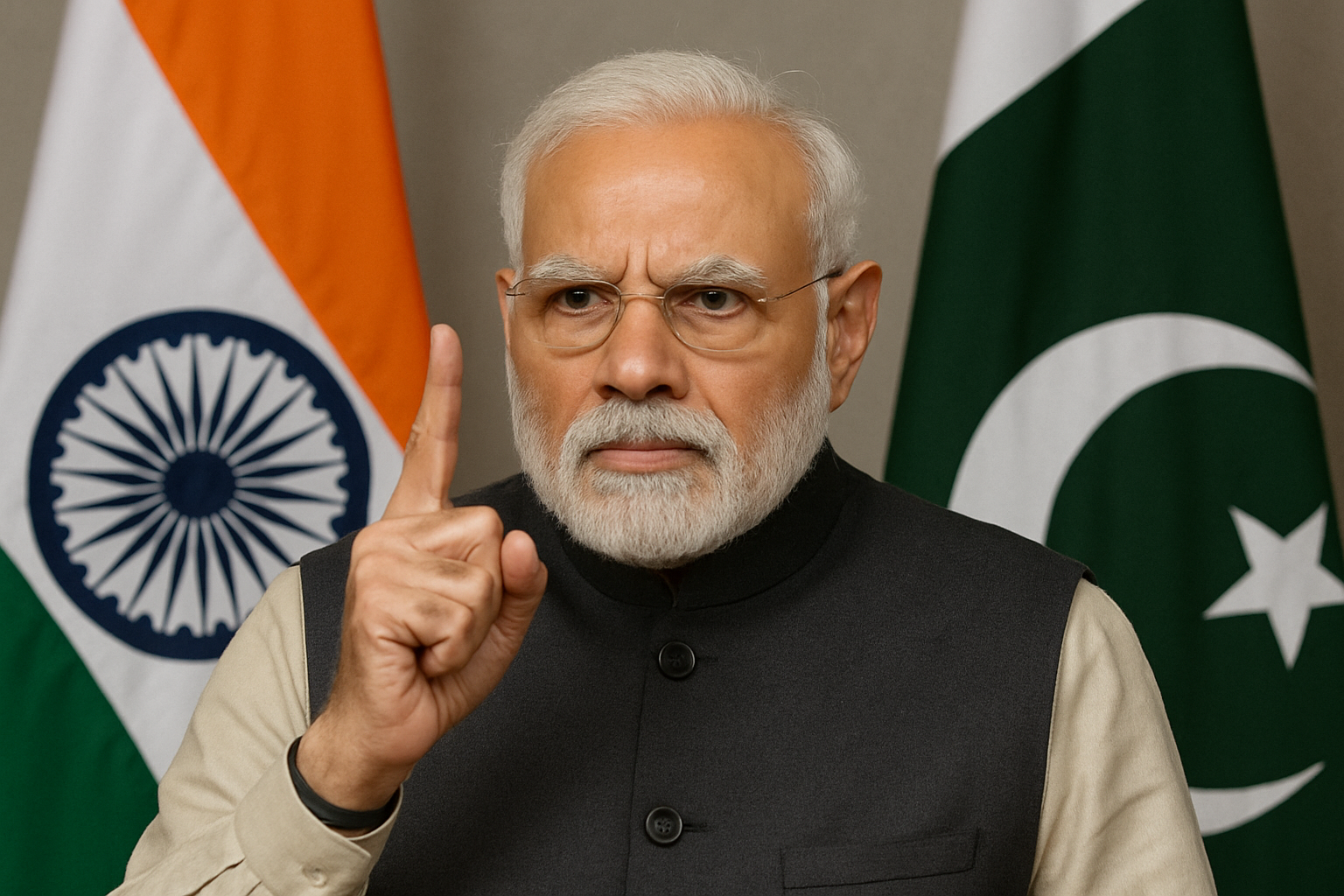In a firm action in the wake of the Pahalgam terror attack that claimed lives, the Indian government has declared the ban on 16 Pakistani YouTube channels for spreading disinformation, anti-India propaganda, and promoting terrorist narratives. This crackdown marks India’s strong stand against the use of digital platforms to fuel unrest and destabilize the nation.
The Digital Crackdown
The Ministry of Information and Broadcasting (I&B) has confirmed it issued blocking orders against 16 YouTube channels originating from Pakistan. The move has been made pursuant to the IT Rules, 2021, which give empowerment to the government to block material in the context of national security, sovereignty, and public order.
As per officials, the blocked channels were actively engaged in spreading false news, communal hatred, and praising terrorism, especially post-Pahalgam attack. Intelligence agencies had been tracking these platforms extensively, and it was reported that many of them were spreading forged videos, fomenting violence, and trying to create unrest in Kashmir.
The I&B Ministry clarified that the content on these channels threatened India’s national security in a serious manner and that urgent action was needed to stop the spread of such harmful narratives.
Channels Targeted
Although the complete detailed list of the blocked channels has not been made public officially yet, it is known that these channels together had millions of subscribers and viewers. They were mainly targeting Indian viewers with sensational content aimed at influencing public opinion and sowing distrust against Indian authorities.
Banned channels allegedly released false updates on the Pahalgam terror attack, trying to spread fear and fuel tensions throughout the area. Experts assume that the concerted online campaign was a part of a larger information warfare strategy being spearheaded by elements in Pakistan.
Government’s Message: Zero Tolerance
This recent crackdown is a clear message: India will not countenance any cross-border propaganda, either on the ground or online. Authorities emphasized that securing the digital information environment is as important as securing physical borders now.
A spokesperson of the I&B Ministry stated, “The government is still committed to safeguarding India’s national interest. We will act sternly against any move to adversely affect the country’s unity, sovereignty, or security, including via misuse of social media and digital platforms.”
India has been actively countering cross-border disinformation campaigns in ever greater measure. This is not the first instance of India doing so — in the last two years, a number of YouTube channels and Twitter accounts based in Pakistan have been taken down for the same activities.
Public and Political Reaction
The move has been hailed across the board by security analysts, politicians, and citizens alike. There has been praise for the government’s proactive response to combating online terror activities associated with terrorism.
Home Minister Amit Shah also released a statement reaffirming India’s dedication to anti-terrorism measures in every direction. “We will never let India’s enemies use advanced technology to aterror and hate,” he declared.
Yet, some digital rights activists have complained about transparency and due process in such bans. They contend that while national security is important, steps should balance freedom of expression and legal protection.
Looking Ahead
The Pahalgam attack followed by the virtual crackdown are illustrative of the changing dynamics of warfare in this age — misinformation and psychological warfare being the favorite weapons of enemy forces. Even as India upgrades its counter-terrorism operations both online and offline, the emphasis has now shifted in equal measure towards keeping an eye on and knocking out threats virtually.
Authorities have also indicated that surveillance will be tightened further, and stricter actions may follow against any platform found promoting anti-India sentiments or supporting extremist agendas.
The banning of these 16 Pakistani YouTube channels marks another chapter in India’s broader effort to secure its information sphere and protect its citizens from digital manipulation and extremist influence






